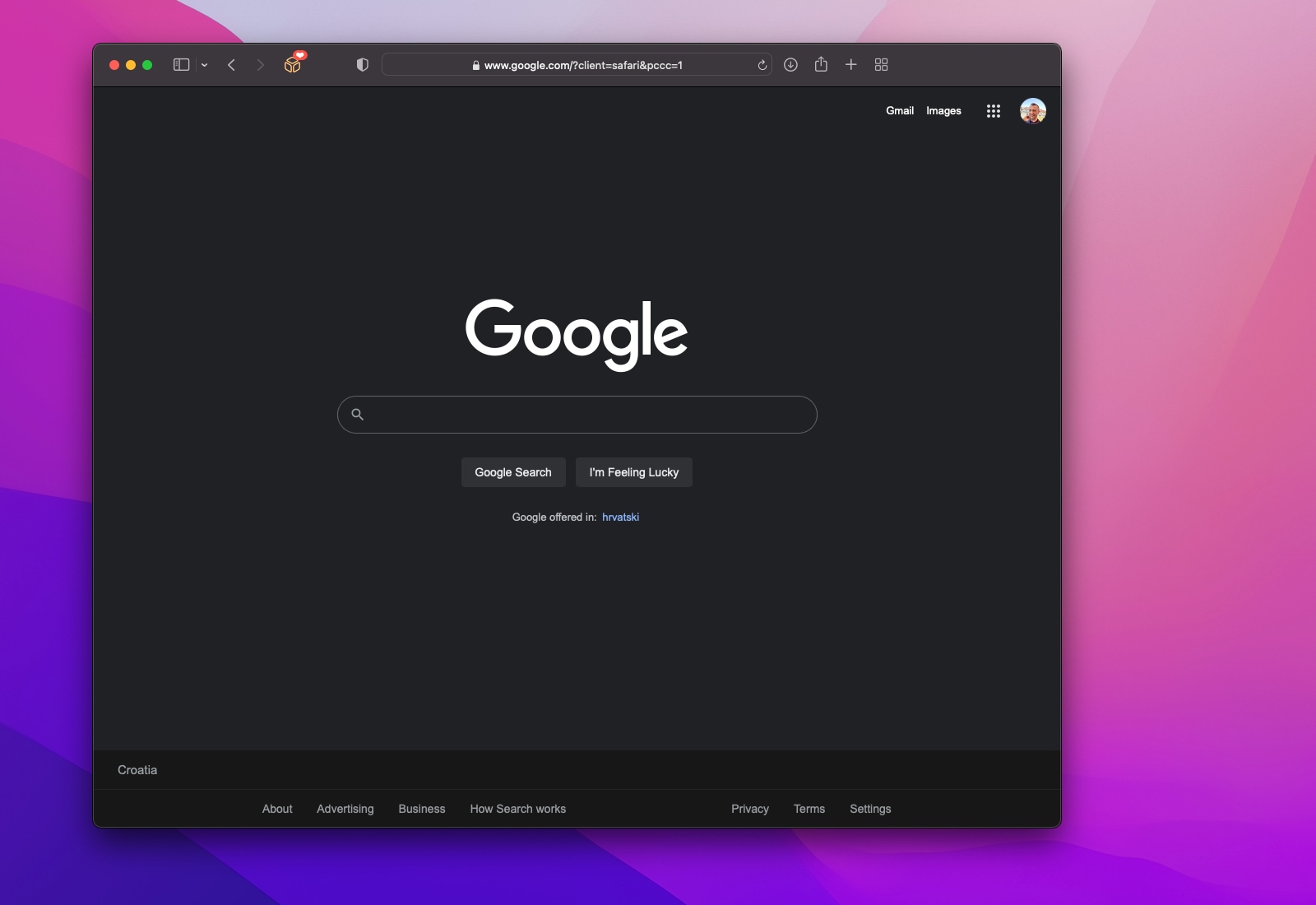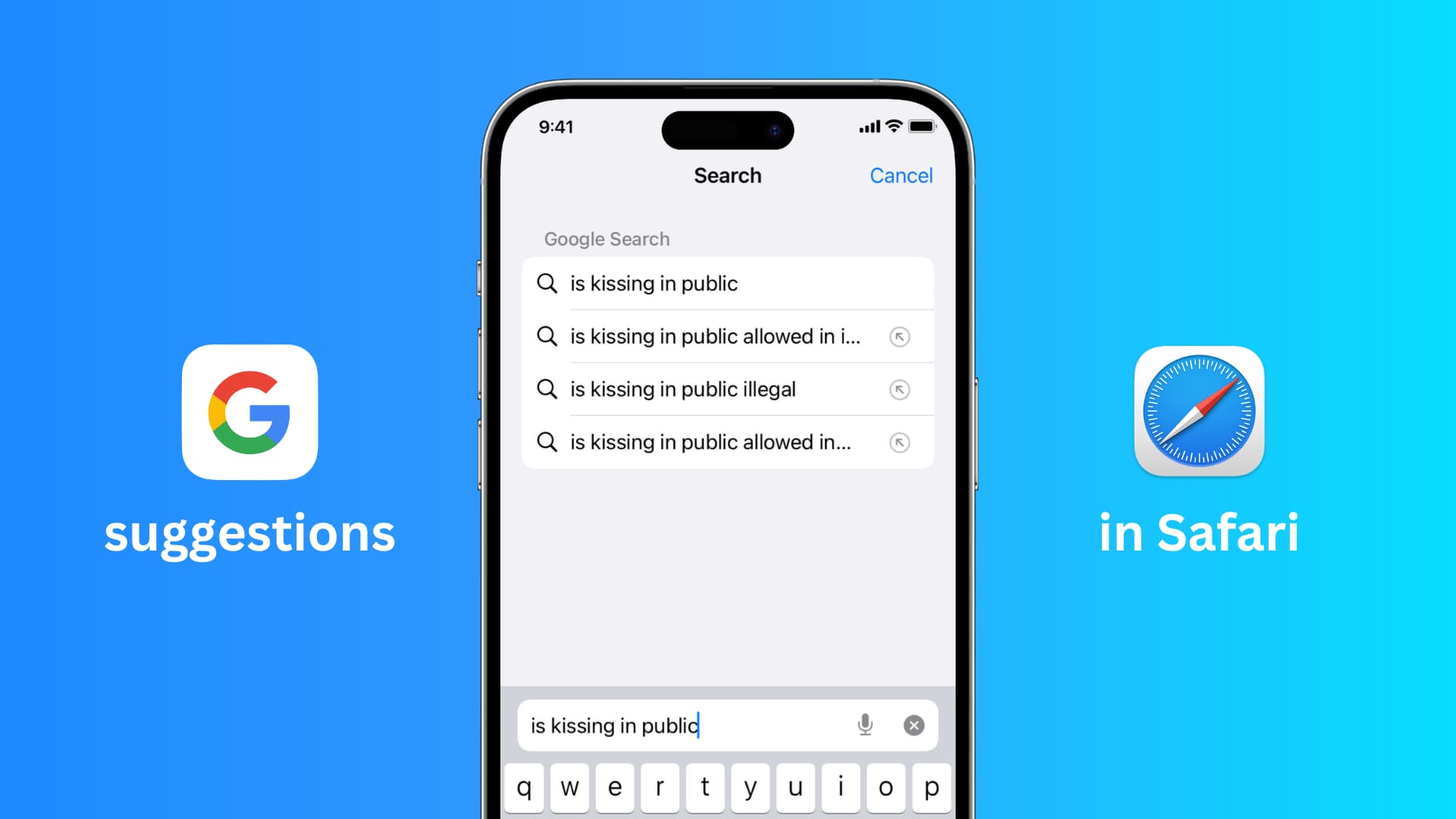Apple keeps 36 percent of search advertising in its Safari browser on its devices, with the remaining 64 percent going to Google.
If you thought the 70/30 split between Apple and developers for digital sales in the App Store was outrageous, Google is getting an even lower revenue share from search advertising made through the Safari browser: 64 percent.
The figure was disclosed by Kevin Murphy, a University of Chicago professor, during his testimony at the Justice Department’s antitrust trial.
The specifics of the lucrative search advertising deal between Apple and Google were supposed to stay secret, but confidential information always finds a way to leak out. Google and Apple objected to revealing these details publicly, but there’s no putting this genie back in the bottle.
Apple earns 36% from Google search ads in Safari
Leah Nylen, reporting for Bloomberg, writes that Google’s lawyer “visibly cringed when Murphy said the number.” The revenue split information used to be highly confidential, and it’s not hard to see why.

In 2021 alone, Google spent $26.3 billion to be the default search engine in browsers like Safari, Firefox and more. About $18 billion of that went to Apple.
Previous estimates by analysts and investment firms pegged the figure to anywhere between $12 billion to $20 billion per year. This is no pocket change: $20 billion is about 15 percent of Apple’s total annual operating profits.
Various stakeholders and government agencies have likened Apple’s 70:30 split for the App Store to highway robbery. As we can see in this case, this seems a pretty standard industry practice, with other app stores and platform gatekeepers like console makers giving their developers very similar deals.
How the deal works

Google only earns revenue for searches conducted through the Safari browser on the iPhone, iPad and Mac, including search terms typed directly into the URL field instead of the Google.com homepage.
It makes no revenue from searches made with alternative search engines. The same is true if Google is not set as the default search engine on a user’s device.
Apple customers can manually change the default search engine in Safari by choosing from Google, Yahoo, Bing, DuckDuckGo and Ecosia, as well as a set a separate search engine for private browsing.
Google has been the default search engine on Apple devices since 2002, with Apple executives arguing that Google makes the best search engine.
“We make Google be the default search engine because we’ve always thought it was the best,” Apple’s services boss Eddy Cue testified in the trial.
Even though Microsoft discussed similar terms with Apple for its Bing search engine at one point, the iPhone maker has repeatedly opted to maintain the status quo all those years because there is no “valid alternative.”
What if regulators dissolve the deal?
If federal courts rule against Google (the trial should wrap up at the end of this month), its agreement with Apple could be terminated. At the same time, Apple could be forced to change the iOS setup process to prompt people to set their default search engine before they even land on the Home Screen.
And that might be the perfect opportunity for Apple to develop its own search engine. To that end, The Information reported in December 2022 that Apple had used its internal search engine for Siri Suggestions and answers. It also powers searches conducted in Spotlight, Apple Music, Apple TV, the App Store, etc.
Of course, refashionig this tool to power avast number of online searches might be easier said than done. But if Apple was able to create a viable alternative to Google Maps (it took more than a decade, but we’re finally there), who’s to say it won’t launch a search engine at some point to rival Google.